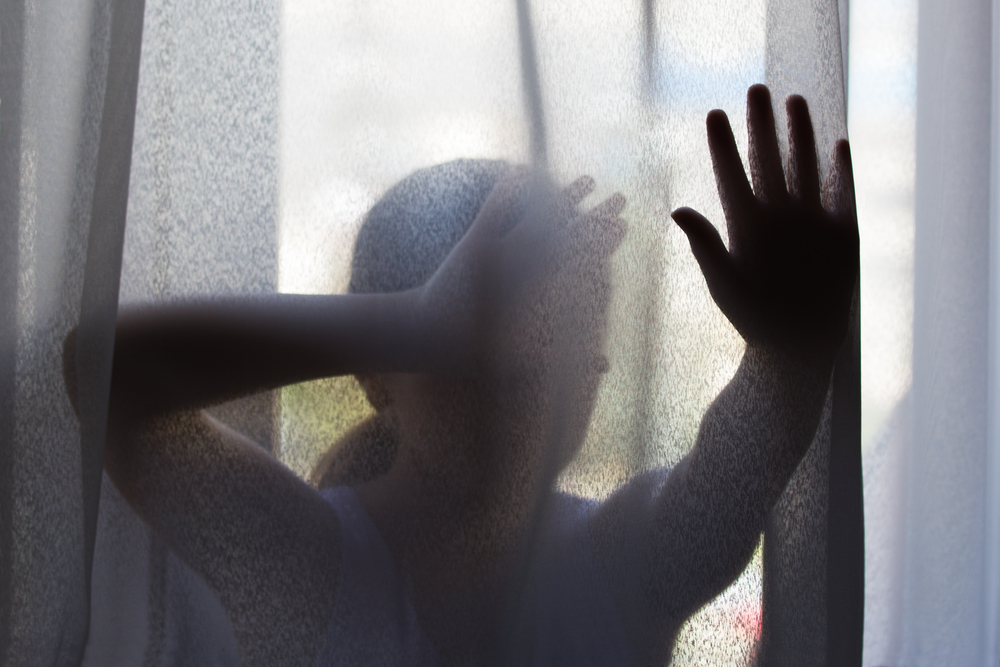
What is effective childhood sexual abuse therapy? You need to know.
If you’re looking for help with childhood sexual abuse, you want to know what works. Maybe you’re looking for the first time. Or maybe therapy in the past has failed to help. You have secrets. That you know. But, does getting help mean you have to tell them?
“Have to” is the worst kind of idea when you’ve been sexually abused. And, “have to” is not what therapy for childhood sexual abuse is about. You were forced to do things that a child should not be made to do. You couldn’t say no. Therapy is about understanding, not about a therapist’s expectations. If that’s what you find, move on.
Sexual Abuse Therapy: Never “Have To’s”
No therapy should ever be a therapist’s agenda. That’s not safe. Therapy is about you.
It’s important to know that there’s no one size fits all therapy. Each therapy is an individual thing. It’s about listening, hearing what you say, and understanding in a way you can’t for yourself. Childhood sexual abuse therapy is not about “have to’s.”
There’s no right way to do therapy. Your therapy is unique to you. And, it will unfold at your own comfort and pace.
You aren’t there to please your therapist. That’s #1. Even if you might worry about that. That’s important in any therapy, but especially when you’ve experienced childhood sexual abuse. You had to please your abuser, in a way no child should ever have to do.
That’s why “have to’s” are not at all helpful. Especially when you’ve had secrets you’ve been too scared to talk about or tell.
Reasons For Secrets
There are many reasons for keeping secrets when you’ve been sexually abused.
Maybe you were threatened. “Don’t tell anyone. This is our special secret.” “If you tell, you’ll get into big trouble.”
Or you were promised treats or special attention. Maybe this was the only time anyone acted the least bit “nice” to you, even though of course sexual abuse is not. It was very confusing and scary, to be sure.
Childhood sexual abuse generally doesn’t happen in a vacuum. You might have also been neglected and starved for love and affection. Or literally starving, because no one prepared proper food for you.
Parents left you alone to fend for yourself. Too busy at work, preoccupied with themselves or with the other kids; alcoholic or drug addicted.
Perhaps you had parents that didn’t have it in them to be interested in taking care of you. Yelled at you. Make you feel bad about yourself. Or that you could never do enough to please them.
Feeling bad about yourself causes shame. Shame makes you keep secrets. And, shame has kept your secrets from being told.
You didn’t like what was happening, but you had no choice. You couldn’t stop it. And, you needed help.
But, on top of the shame, maybe you didn’t think anyone would believe you. Or, if you tried to get help, maybe you weren’t.
Worse, maybe you were blamed. Maybe you blamed yourself. Now you live with these thoughts and fears.
And you bring these thoughts and fears and shame into therapy. They are also what you need help with, not only with your secrets.
First, you need to feel safe. Being ready to tell your secrets takes trust.
Difficulties Trusting
Your trust was betrayed early in life.
Violation of trust is true in all experiences of childhood sexual abuse. You can’t trust someone that uses you. And, likely the person who did was someone you needed to rely on and also to trust. You couldn’t. That has deep effects.
Now, you’re looking for help. You’ll walk into a stranger’s office. Of course, you can’t trust someone you don’t know. Your therapist needs to understand and be sensitive to that reality. Especially when your trust was deeply shaken by your early experiences.
Trust takes time. And, trust is earned. How does a therapist earn it?
Learning To Trust
Trust is earned by being closely and, most importantly, empathically listened to. You need to feel truly heard. You will, when your therapist says things that make you feel understood – maybe even in a way you’ve never felt understood before.
This understanding must go deep. And be different than the ways you’ve tried to work things out for yourself, in your own mind. Understanding, though, is gentle and never pushed. It isn’t authoritative or “all knowing.”
A therapist’s thoughts are suggestions. Therapy is team-work. You’ll take in what your therapist says, and you’ll respond.
Although you’re relying on your therapist’s expertise (because why would you be paying good money if you didn’t get it?), you’ll work together.
If you don’t agree, that needs to be taken into serious account. You live inside your experiences. What you need is help sorting out the ways they’re affecting your life.
A therapist must be flexible in her (or his) thinking, adjust understandings to get closer to what is really going on inside you. What you feel. And, how your sexual abuse has colored not only your trust, but your self-esteem.
Only when you can grow to depend on your therapist to know and listen to all your feelings, and to hold them in a safe space, can you get the help you need.
Childhood Sexual Abuse Therapy: A Safe Place
Above anything else, therapy needs to be a safe place. A place for any feelings and thoughts you bring in. That means anything. And, it’s your choice on any given day.
There is nothing “right” to talk about. Therapy is a place where your thoughts can flow, and your therapist will listen.
With your therapist’s gentle guidance, you’ll put together the threads of your past and your trauma. You’ll begin to see how it’s lived out now in your present life.
Nothing “right” in therapy means that over time, you can express anything you feel. You’re entitled to get mad. To doubt. Question. Distrust.
You’ll learn you don’t have to please. Your therapist needs to help you with that. And, with any fears or feelings you have.
Especially any fears that you’re benefiting your therapist more than she (or he) is giving to you. That’s a common fear when you’ve been sexually abused.
Who is using you? And who wants to help? This is part of your distrust and will be a part of your therapy. If your therapy is getting to your trauma and is to help.
Together with your therapist, you’ll work this out. As you do, you’ll learn to trust. Your therapy will be a place that belongs only to you.
When you’re ready, you’ll tell your secrets.
Opening Up Your Secrets
Having a safe place to tell your secrets is an important part of any effective childhood sexual abuse therapy.
When you live with secrets, you live with shame. And it eats away at you. Yet, it’s up to you when and how you tell your secrets.
You might open them up little by little. Piece by piece. Even when you’re growing to trust your therapist, you’re still wondering if you’ll be judged. You live with your own self-judgments inside.
So, when you tell your secrets, you might get scared. Wonder what your therapist is thinking. It’s important you therapist understands you have these worries, even if you can’t say them out loud. And, that over time, you can.
Maybe you told yourself you’d carry your secrets to your grave. But, that’s a terribly lonely thing. And, you were a lonely and scared child.
Your child self needs a place to get the care and understanding you didn’t get in your early life. Not to be alone and scared anymore.
As your therapy unfolds, you can relax. You can be yourself. When you feel safe, your secrets can be told.
Telling your secrets can be a great relief. You’ll know that you aren’t at fault. You didn’t do anything wrong. Someone hurt and misused you.
And, you’ll be able to see more clearly the effects that keeping your secrets have had on your entire life.
To have effective treatment for your childhood sexual abuse, secrets need to come out into the open. But, when and how they do, is up to you. Only when you feel safe.
Healing From Childhood Sexual Abuse
With your therapist’s help, you’ll begin to know all of the ways the trauma of your sexual abuse has interfered with getting what you want. With feeling safe about your needs and good about who your are.
You can heal from the past. Healing means having a safe place to open up. Someone to depend on; someone you can trust your secrets to.
Your child self has carried the pain, the hurt, the effects of these secrets all your life. They’ve threaded through everything: your feelings about yourself, your distrust of relationships, your problems opening up in intimate ways, maybe even your success.
This can change. When you have a therapy that doesn’t involve “have to’s,” that goes at your pace, that is responsive to any and all feelings and thoughts you bring in – without judgment – the trauma of your past will be healed.
You don’t have to live with secrets anymore. But, especially, you don’t have to live with the ways childhood sexual abuse has interfered with your life and self-esteem.
You couldn’t stop the abuse. But, in good therapy, the effects of childhood sexual abuse can come to an end. Once and for all.
I’m Dr. Sandra Cohen, a Los Angeles based psychoanalyst and psychologist. I’ve worked with survivors of childhood sexual abuse for over 35 years. If you have questions, please email or call. You don’t have to live this way. Your life can change.

 3 Ways Eating Disorders
3 Ways Eating Disorders
Leave a Reply